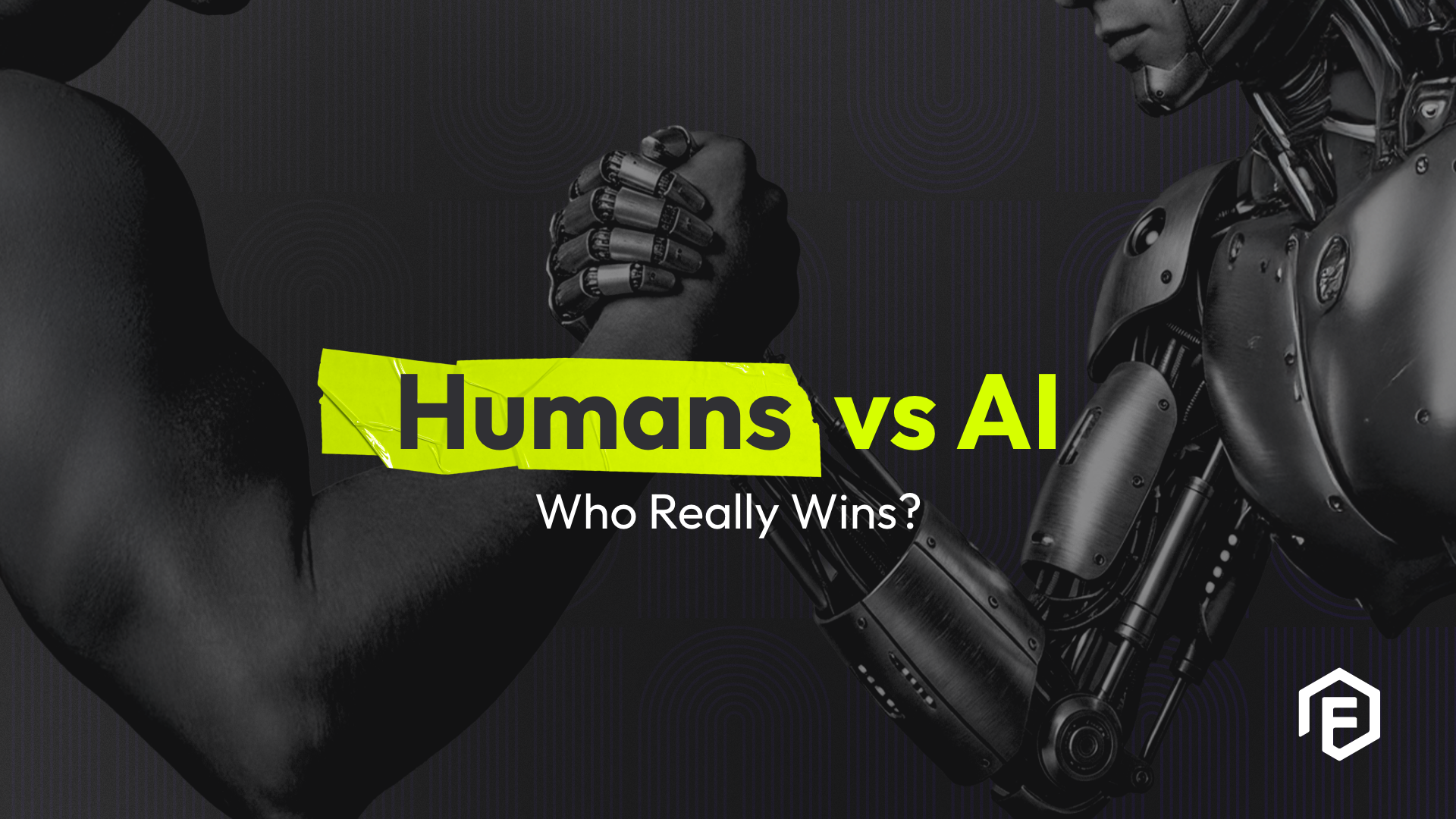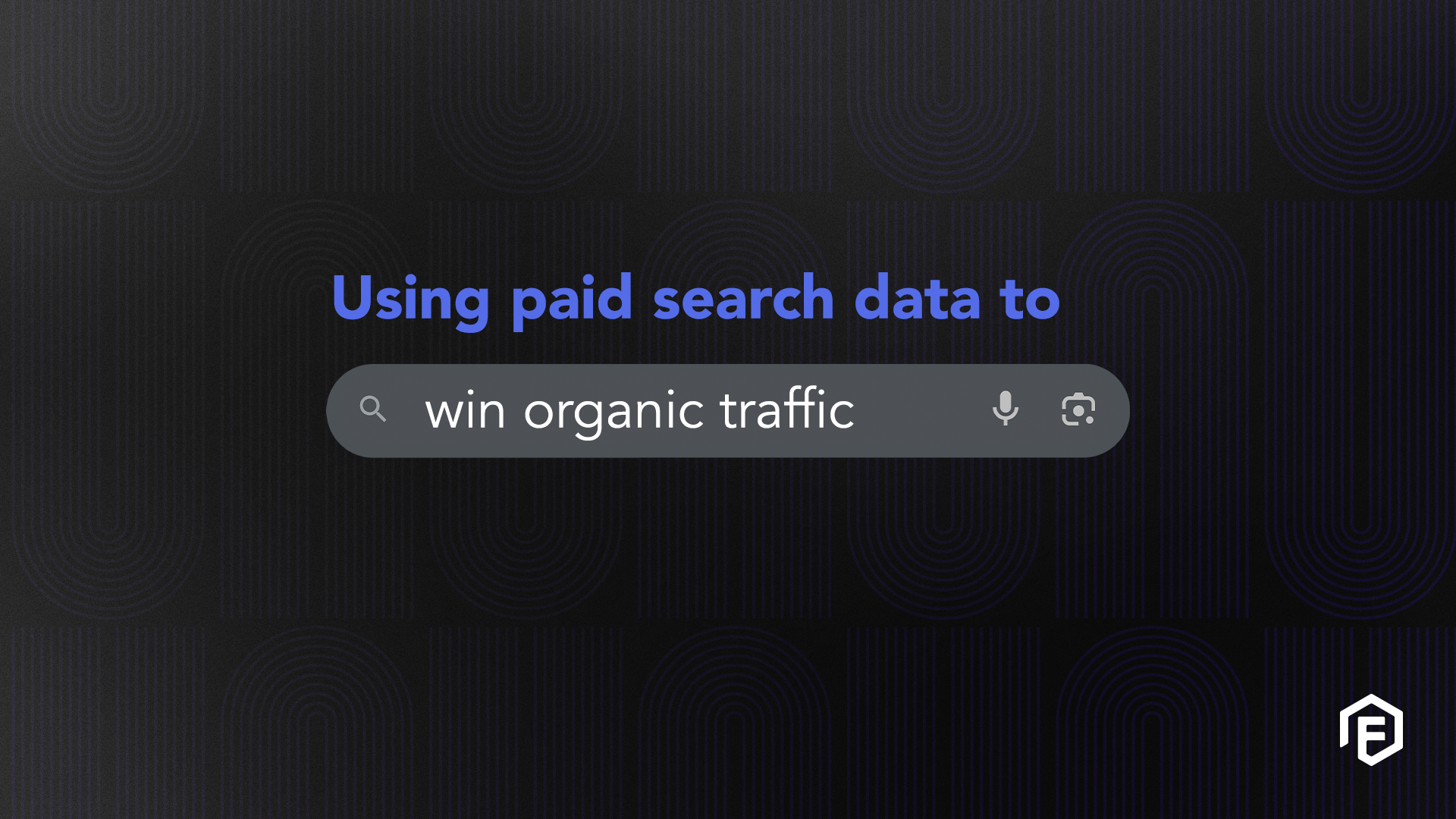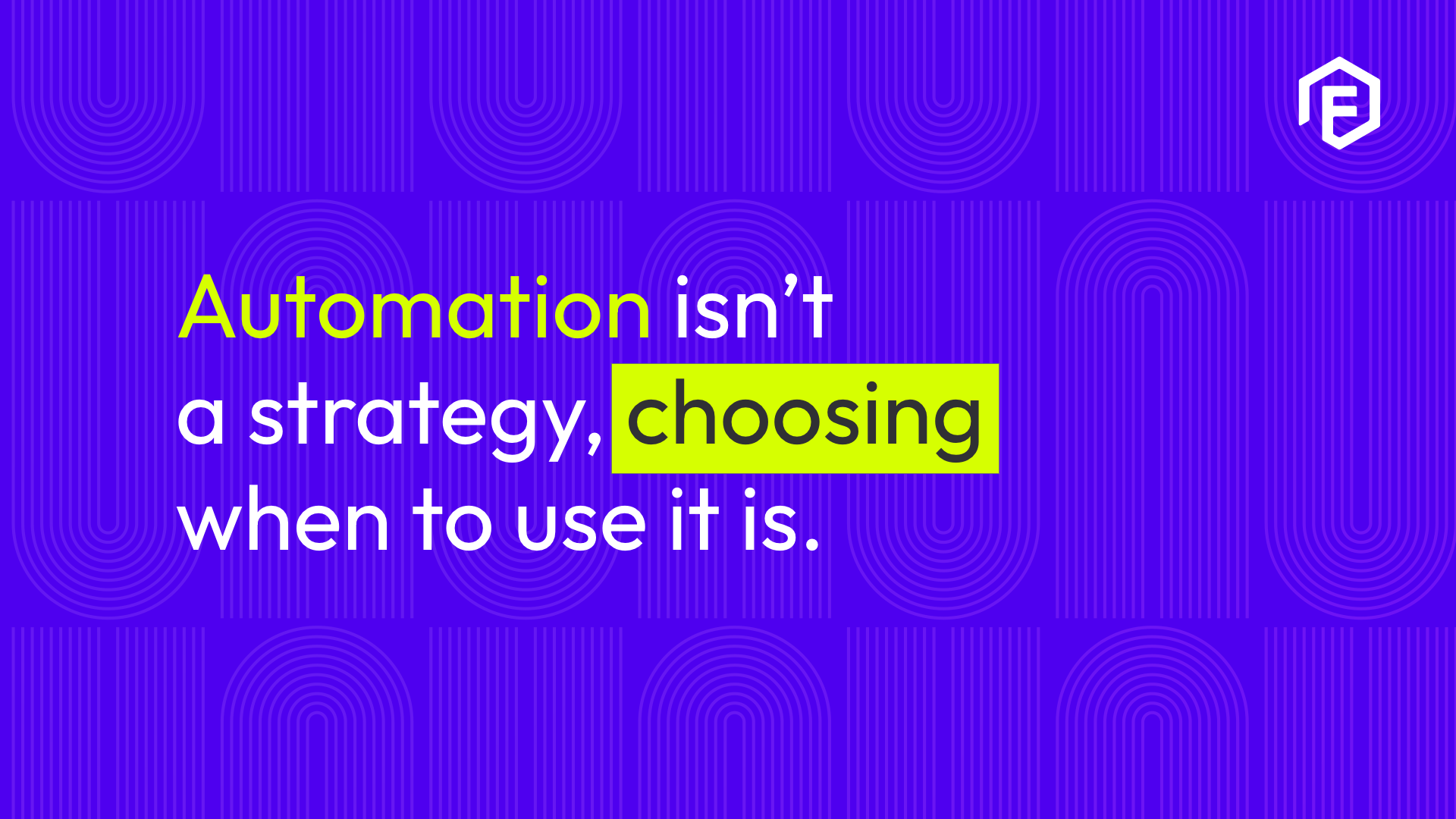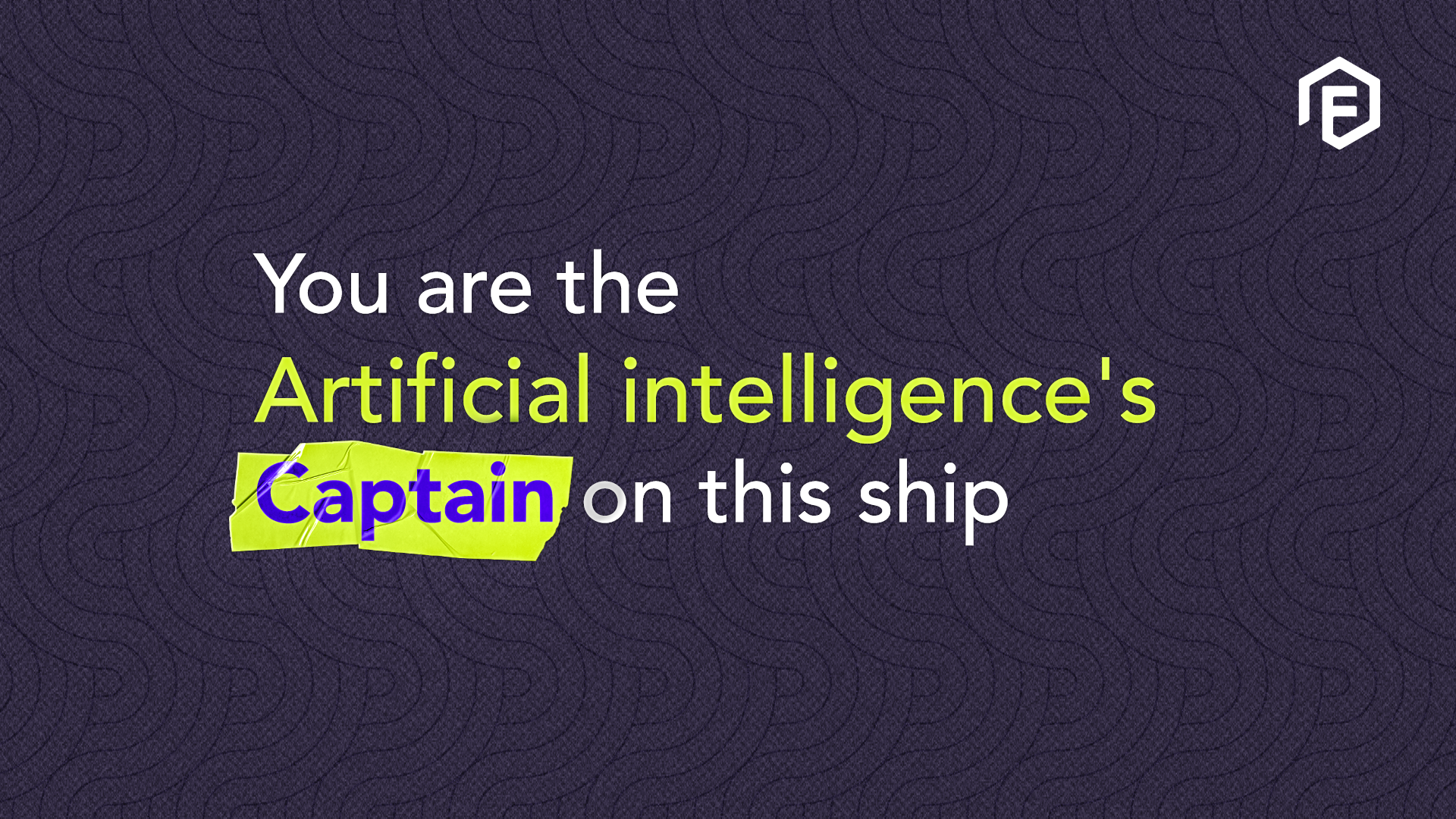Once upon a time, the search bar was sacred. You typed in what you wanted: “Italian restaurants near me”, “How to do SEO”, or “Why is my cat vibrating?” And Google, the benevolent god of the algorithm, delivered answers. That era? It’s on life support.
Because now, we’re not just searching differently – we’re searching elsewhere.
Whether you’re Googling, TikToking or mumbling existential queries into an AI chatbot at 2am, the reality is unavoidable: search is evolving. And not in a slow, glacial, mildly boring “change is the only constant” kind of way. No. This is a full-blown disruption. A social-media-fuelled, AI-powered, user-generated content bonanza.
Digital marketers, advertisers, SEO specialists – gather round. Search is no longer just a function. It’s a format. A behaviour. A battleground. And TikTok and AI are rewriting the rules.
TikTok: Not Just for Dance Trends and Unsolicited Lip Gloss Reviews
Gen Z (and increasingly, Gen Alpha) no longer turn to Google for how-tos, reviews, or dinner ideas. They open TikTok. And yes, we can all snicker about that for a moment – until we realise they’re not alone.
“Searching on TikTok” now includes everything from how to file taxes to the best camera for low-light video. TikTok isn’t just a social media platform anymore – it’s a search engine powered by short-form video, social proof, and user-generated content.
Why does this matter? Because traditional search engines like Google are built on indexing webpages. TikTok’s search functionality is built on lived experience. It’s answers-based by default. Results are filtered through people’s personalities, their voices, their actual usage of products and services – something even the most authoritative blog post can’t replicate.
To the algorithm, your authority score matters. To TikTok’s audience, your authenticity does.
And it’s not just about product searches. Travel ideas, tutorials, restaurant reviews, mental health advice, oddly specific Amazon finds – all of it’s happening in short bursts, layered with commentary, visuals, and the unspoken assurance of, “Hey, I actually tried this.”
Enter: The AI-Powered Search Overlords
Now, let’s talk AI. Or rather, let’s acknowledge that it barged in uninvited, reorganised our furniture, and is now quietly judging our browsing habits.
Search functionality is no longer confined to a bar with a blinking cursor. AI-powered search tools – like ChatGPT, Perplexity, Claude, and You.com – don’t just direct you where to look. They give you the answer outright. In real time. Synthesised. Packaged. Contextualised.
This shift from link-based discovery to answer-based delivery changes the core of what search is. AI search engines operate less like a directory and more like a concierge. You ask. They tell. No clicking through ten blue links. No scrolling past three ads and two “People also ask” boxes.
For SEO strategies, this means your content needs to be more than just indexable – it needs to be irresistibly useful. AI models crawl enormous volumes of data – including your carefully keyworded content – but they prioritise the stuff that clearly and concisely answers user intent.
And as for whether we can trust these AI search tools? Well, let’s just say: they’re getting better. But like any intern given too much responsibility too soon, they still occasionally hallucinate or get overconfident. The difference is that they do it at scale and with perfect grammar.
Google Knows. And It’s Panicking (Quietly, But With PowerPoint Decks)
Even Google’s getting twitchy. Its own Senior Vice President admitted that nearly 40% of young people now turn to TikTok or Instagram instead of Google Maps or Search. That’s not a gentle trend. That’s a sledgehammer to the side of Google’s business model.
Hence, the rise of Google’s own AI-powered features, like Search Generative Experience (SGE). The idea? Give users direct answers, more context, fewer steps.
It’s a little like watching a legacy rock band reinvent itself as a TikTok-friendly synthpop act. Admirable. Necessary. Slightly tragic.
But don’t count Google out. Not yet. With decades of search trend data, unmatched indexing infrastructure, and more machine learning engineers than most countries have teachers, it’s still the search giant. It’s just no longer the only one.
Search Is Now Visual, Conversational and Social
The landscape isn’t just shifting – it’s splintering.
Want tutorials? YouTube.
Want inspo? Instagram.
Want recommendations that feel personal? TikTok.
Want answers written like a polite robot that’s read every article ever published? AI.
Search engines like Google still have massive utility, especially for research-heavy or transactional queries. But for discovery, validation, and entertainment-laced information? Social search is winning. Even Pinterest, Reddit, and Instagram are now part of the discovery funnel. We’re no longer just “looking something up.” We’re experiencing the search through real people, visual cues, and conversational AI.
So, What Does This Mean for You, Dear Marketer?
Let’s start with what it doesn’t mean: that traditional SEO is dead. What it does mean: your strategy now needs to be multi-platform, multi-format, and multi-sensory.
Some shifts to consider:
Content has to be answer-ready
Especially if you want to rank in AI-generated search results. If your content doesn’t answer something, it’s not useful – it’s filler.
Short-form video is now discoverable
If your brand isn’t producing content for TikTok or Reels, you’re missing out on search traffic that never touches Google.
User-generated content builds trust
The algorithm may love keywords, but people love proof. Social reviews, demo videos, and real-life feedback outperform polished brochureware every time.
Optimise for AI discovery
Think about how language models interpret and summarise your content. Clear structure. Natural phrasing. Authoritative tone without waffle.
Experiment with social search tools
Even if TikTok isn’t your platform of choice, understanding its search capabilities helps you reverse-engineer content people are actually looking for.
Final Thoughts: We’re All Search Engines Now
In 2025, search isn’t just a tool. She’s an icon. She’s a legend. She is the moment.
Search engines like Google are no longer the gatekeepers of information. They’re one option in an increasingly fragmented, AI-laced, creator-driven ecosystem.
AI isn’t replacing search. It’s redefining it. And TikTok isn’t just a distraction – it’s where attention goes to find answers, not just amusement.
So, can we trust AI search engines? Sometimes. With a squint.
Are they more powerful than Google? Not yet, but they’re differently powerful.
And is TikTok really a search engine? Try asking a 17-year-old how they chose their last skincare brand.
Welcome to the new era. Your keywords are only half the story now.
P.S. Don’t forget to share this article.
Flume is an independent, full-service digital marketing agency providing services that include SEO, web design and development, public relations, media buying, client service, UX/UI and creative production. For more information visit www.flume.co.za or email us at [email protected] to say, well, “hello”.
-
Frequently Asked Questions
-
1. Why are people using TikTok as a search engine instead of Google?
- TikTok has become a search engine for many, especially younger generations, because it delivers authentic, user-generated content through short-form videos. Unlike Google’s webpage indexing, TikTok offers answers rooted in lived experiences, complete with visuals and personal commentary, making it feel more relatable and trustworthy for queries like tutorials, reviews, or recommendations.
-
2. How is AI changing the way we search?
- AI-powered search tools like ChatGPT and Perplexity provide direct, synthesised answers instead of lists of links. They act like a concierge, understanding user intent and delivering contextualised responses, which shifts search from link-based discovery to instant answer delivery, challenging traditional SEO strategies.
-
3. Is Google still relevant with the rise of TikTok and AI search tools?
- Yes, Google remains a powerhouse for research-heavy and transactional queries, backed by decades of data and robust infrastructure. However, it’s adapting to competition from social platforms like TikTok and AI tools by introducing features like Search Generative Experience (SGE) to provide direct answers.
-
4. What does the shift to social and AI search mean for digital marketers?
Marketers must adopt multi-platform, multi-format strategies. This includes creating answer-focused content for AI, producing short-form videos for platforms like TikTok, leveraging user-generated content for trust, and optimizing for clear, natural language to align with AI discovery.
-
5. Can we trust AI search engines to provide accurate information?
- AI search engines are improving but can still produce inaccuracies or overconfident responses, sometimes referred to as “hallucinations.” While they’re powerful for quick, synthesised answers, users should verify critical information, especially for complex or sensitive queries.



